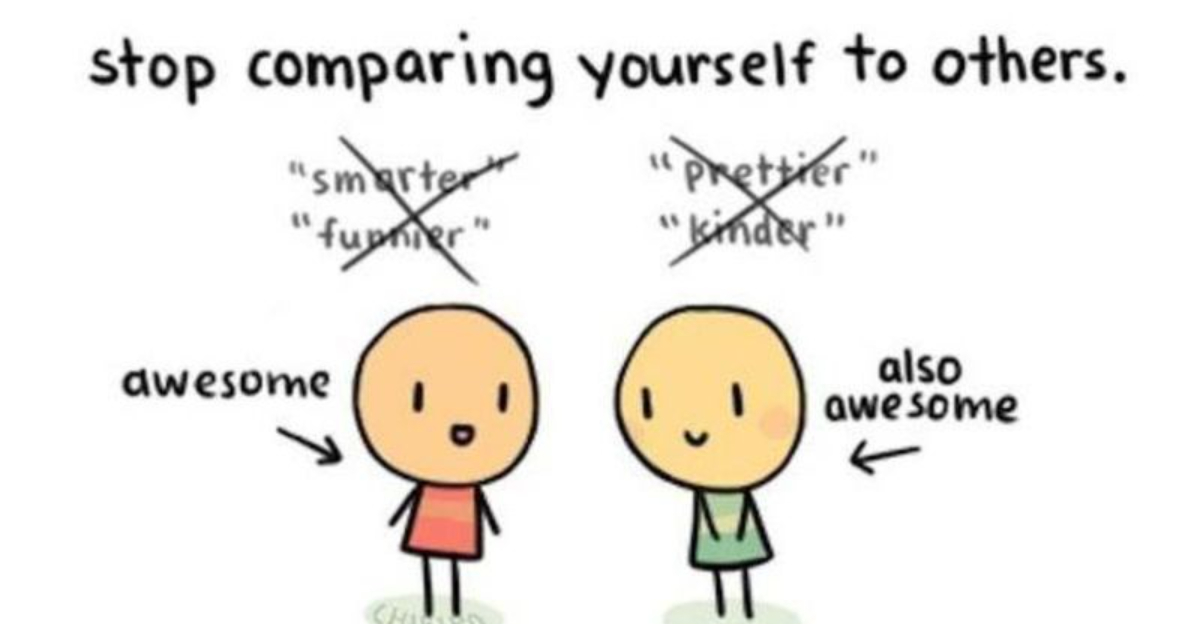16 Reasons Smart People Underestimate Themselves While Incompetent People Have Unshakable Confidence, According To Psychology
Ever sat in a meeting, half-convinced your ideas are genius, yet somehow sure everyone else must know something you don’t? Meanwhile, the loudest voice in the room, blissfully unaware of any doubt, confidently struts through life with the certainty of a cat on a piano—despite missing the memo, the point, and sometimes basic reality.
If you’ve ever wondered why the sharpest minds second-guess themselves, while others, not exactly known for their attention to detail, seem to think they’ve cracked the Da Vinci Code, you’re not alone.
Welcome to the strange world of the Dunning-Kruger effect: a psychological paradox where the most competent are often the most self-critical, and the least competent are busy giving TED Talks in their heads.
Come and explore 16 oddly relatable reasons behind this curious phenomenon, blending science, a bit of schadenfreude, and a touch of self-acceptance. Ready to find yourself—or that overconfident coworker—on the list?
Scroll down and join the club; you’ll find you’re in good company.
1. The Dunning–Kruger Dilemma: When Ignorance Is Bliss
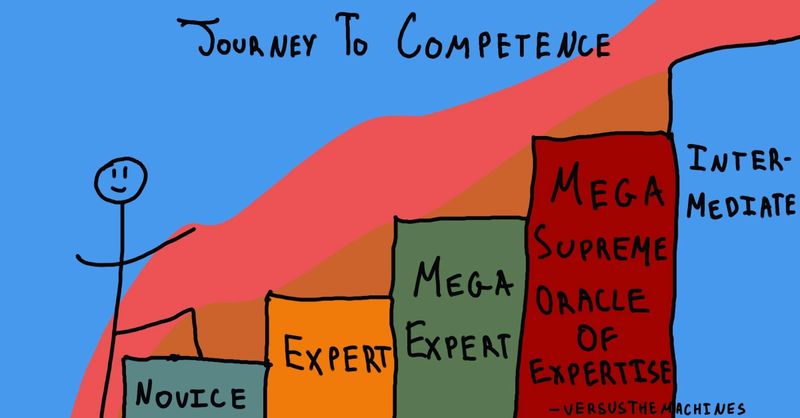
You know those moments when you’re holding back from speaking up, just in case you missed a critical detail? That’s the Dunning-Kruger Effect waving hello. I can’t count the times I’ve hesitated, triple-checking my work while someone else barrels ahead, blissfully unaware of their own mistakes.
It’s almost comedic how the less you know, the easier it is to feel certain. The not-so-secret joke is that incompetence actually shields you from realizing your own limitations. It’s almost enviable—almost.
Now I see my caution as a sign of awareness, not weakness. The next time I see someone oozing confidence with questionable expertise, I remind myself: some of us know exactly enough to know we don’t know it all. And that’s kind of powerful, right?
2. Metacognition Mayhem: Overthinking, Party of One
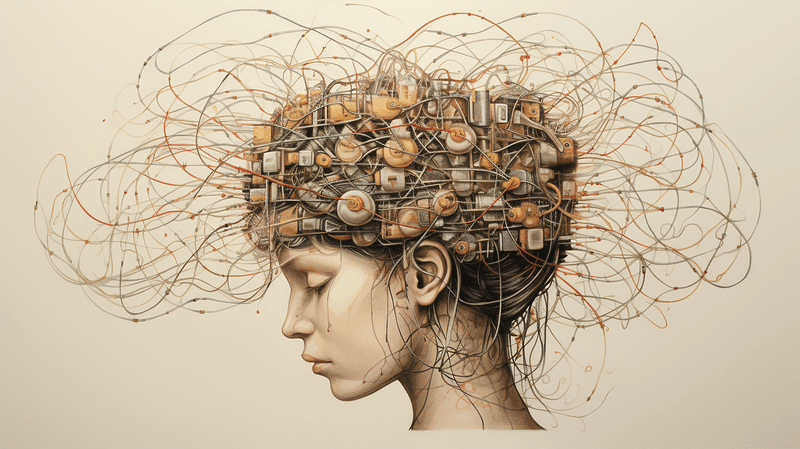
Every so often, I catch myself analyzing how I analyze. Sound exhausting? Welcome to metacognition—where thinking about thinking is the main event. I could practically start my own podcast on overthinking.
Overthinking can turn a simple decision into a mental marathon. While I’m busy dissecting every possible outcome, others are already on step ten, blissfully unaware of any potential pitfalls. Sometimes I wonder what it’s like to have that much mental free space. No doubt, it’s like a mental vacation.
These days, I’ve learned to appreciate my tendency to look deeper. Sure, it can slow me down, but it also means fewer facepalms later. Overthinking might be annoying, but it’s basically saved me from stepping into a few banana peels.
3. Perfectionism’s Glittering Trap
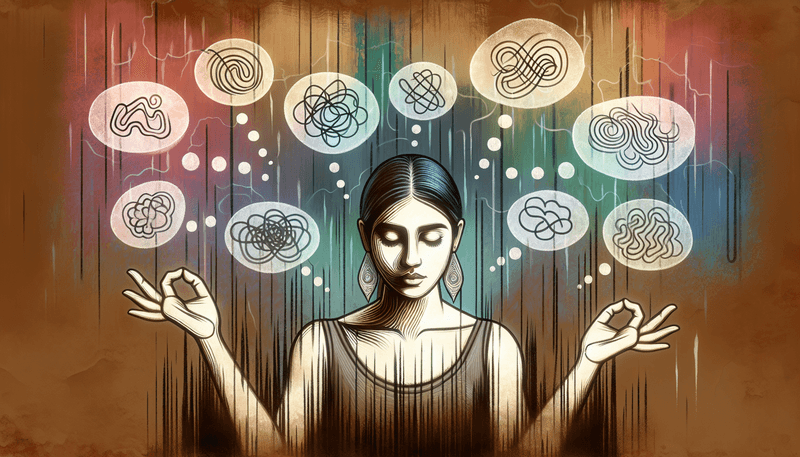
Perfectionism is like an expensive cologne—smells fancy, but wear too much and you’ll suffocate the room. Trust me, I’ve worn that fragrance far too often.
I used to believe that if my work wasn’t flawless, people would see right through me. The more I knew, the more I noticed tiny imperfections. Or, more accurately, the more flaws I invented. Meanwhile, others breezed by with “good enough” and a grin. Ah, how carefree those grinning folks look.
Letting go of perfection has been liberating. Now I find joy in progress, not just polish. It’s still a struggle, but at least I’m no longer rewriting emails for the tenth time before hitting send. Small victories, people. Small victories.
4. The Curse of Nuance: Seeing All Sides (Too Well)

If you’ve ever changed your mind halfway through an argument, you probably know the curse of nuance. I used to envy people who could pick a side and stick to it, like they had the map to life’s treasure chest.
For me, every debate turned into a labyrinth of “what ifs” and “but have you considered…” The more perspectives I saw, the less certain I felt about my own. Talk about feeling like you’re trying to navigate a maze in a fog.
Now I realize that seeing complexity is a strength, not a flaw. It makes my decisions slower, but also more compassionate and informed. And I wouldn’t trade that for all the fake certainty in the world. I’ll take depth over decisiveness any day.
5. Haunted by Self-Critique

Sometimes my inner critic is louder than a stadium full of sports fans. Seriously, if my inner critic had a mic, it’d be on every podcast. I catch myself nitpicking every detail, convinced that one misstep will ruin everything.
Meanwhile, the folks with less on their minds seem unfazed, brushing off mistakes like lint from a jacket. I used to wish for that kind of Teflon confidence.
Over time, I’ve realized my self-criticism means I care deeply. It pushes me to grow, even if it stings. And honestly, it’s probably why I’m not wrecking things left and right. These days, I try to be as kind to myself as I am to others—slowly but surely.
6. Comparing to the Unreachable Expert

There was a time when I measured my success against Einstein, Beyoncé, and whoever just won the Nobel Prize. Spoiler: I never quite measured up.
The smarter I felt, the more I compared myself to the best of the best—setting the bar so high only superheroes need apply. That kind of standard isn’t motivating; it’s paralyzing. I mean, when do I get my cape, right?
These days, I’ve learned to set goals based on my own growth, not someone else’s highlight reel. Comparing myself to experts is out; appreciating my own progress is in. And wow, does that feel lighter!
7. Analysis Paralysis—The Smart Person’s Traffic Jam
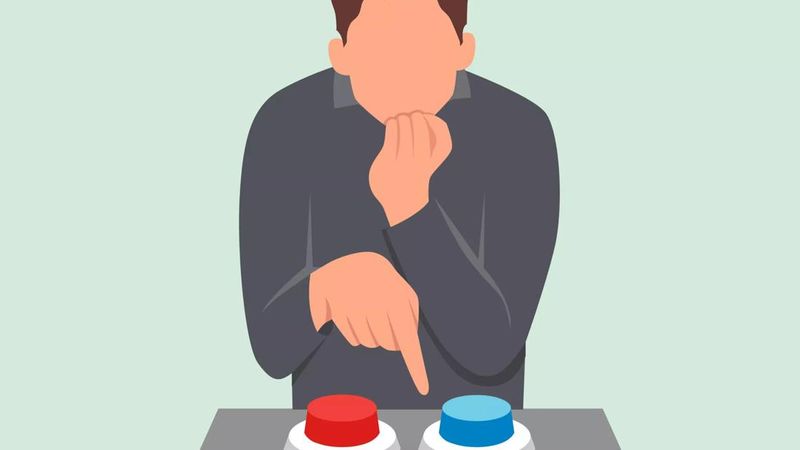
Ever stood in the grocery aisle, trying to pick a cereal, while someone else grabs the nearest box and walks away? That’s analysis paralysis, and I majored in it.
My brain can turn the simplest choice into a multi-part exam. Should I get the cereal with the less sugar, but more fiber? Or the one with less fiber but more flavor? By the time I decide, the moment has often passed—or the cereal’s on sale elsewhere.
Now, when I catch myself spiraling, I set a timer and force a choice. Progress over perfection, even if it means eating weird cereal sometimes. But hey, at least I’m not still standing in that aisle, right?
8. Availability Heuristic: Haunted by the Worst Case

My superpower? Instantly recalling every time something went wrong—mine or anyone else’s. I’m basically a walking disaster catalog, but with more detail and less glitter.
Enter the availability heuristic, where my brain spotlights disasters while ignoring the wins. It’s like my memory’s a drama queen who only remembers the worst parts of every story.
This habit can turn optimism into a rare species. I’m not cautious because I’m weak; I just remember every embarrassing moment in HD. Seriously, I could teach a masterclass in overthinking past mistakes.
I’m trying to let my memory be a guide, not a prison. These days, I celebrate small victories as loudly as my brain replays the bloopers. It’s a work in progress, and that’s good enough.
9. Social Comparison Olympics

Who needs the Olympics when you’ve got the game of social comparison? I used to mentally score myself against anyone who walked into the room, especially the loud ones. Some people seem to thrive by finding those just a rung below on the ladder.
Me? I’d aim upwards, seeking out giants to make myself feel small. It’s like trying to race Usain Bolt when you’ve got two left feet and a broken sneaker.
Now, I use comparison as a tool, not a weapon. I focus on learning from others, not tearing myself down. It’s way more fun—and less exhausting—than the alternative. And who doesn’t want to have more fun?
10. Feedback Famine: Why Honest Critique Is Rare

Isn’t it funny how the people who most need feedback are the least likely to ask for it? Meanwhile, I’ve spent years actively seeking critique, only to get vague praise or nothing at all. “Great job, you nailed it.” But… what did I actually nail?
Without honest feedback, it’s easy to stay stuck—second-guessing my strengths and weaknesses alike. The overconfident, on the other hand, charge ahead, blissfully uncorrected. It’s like watching someone build a house on quicksand, while you’re busy making sure your blueprint is flawless.
When I find someone who gives constructive critique, I cling to them like Wi-Fi in a blackout zone. Honest feedback may sting, but it’s my ticket to real growth. No pain, no gain, right?
11. Confidence Built on Optimism Bias

Some people seem fueled by pure optimism—convinced lightning won’t strike twice, even when they’re the one holding the kite. I used to envy that brand of confidence, powered by the belief that the universe is basically rooting for them. Meanwhile, my brain is like: “The universe is a hostile environment. Proceed with caution.”
My brain tends to factor in every possible pitfall, just in case. While optimism bias might lead to bold (and sometimes reckless) moves, it can also shield people from self-doubt. They just keep pushing forward, like they’re in a constant action movie.
These days, I try to borrow a bit of that sunny outlook. If nothing else, it makes brainstorming more fun—and life a little less intimidating. Who says you can’t mix caution with a dash of optimism?
12. Cultural Conditioning—Who Gets to Brag?

Growing up, I learned that humility was a virtue—and boasting was just bad form. Turns out, cultural conditioning can have a field day with your self-confidence. It’s like my self-esteem was handed a rulebook I never agreed to.
Some cultures teach you to keep your head down and your opinions even lower. Meanwhile, others reward boldness and self-promotion. It’s no wonder confidence levels can feel like a global lottery.
I’m learning to strike a balance—respecting my roots but also claiming my voice. Confidence isn’t arrogance; sometimes it’s just permission to show up. And let’s face it, we all deserve to show up.
13. Overestimation of Control: King or Queen of the Universe

I used to marvel at people who believed they could control the uncontrollable. Overestimating your influence on outcomes takes a special kind of confidence that smart folks rarely have. It’s like they’ve got a magic wand, and I’m over here struggling to work the remote control.
When you’re aware of the millions of variables in play, it’s hard to feel like the universe is yours to command. The less you know, the easier it is to pretend you’ve got it all in hand. It’s like living in a constant state of “fake it ‘til you make it.”
Now, I let go of what I can’t control, channeling my energy where it actually matters. Turns out, relinquishing the crown is the most freeing move of all. It’s like trading in a scepter for a yoga mat.
14. Confirmation Bias: Only Hearing What We Want

Ever notice how some people filter the world for evidence of their own greatness? That’s confirmation bias in action, and it’s a powerful confidence booster—if you let it be. It’s like seeing only the parts of the movie where your character is the hero.
Meanwhile, I tend to notice every sign that I might be wrong. Instead of cherry-picking affirmations, I’m collecting red flags. And trust me, I’ve got a collection.
Lately, I try to fact-check my doubts as rigorously as my ideas. Turns out, reality is a lot more fun when you’re not just looking for a reason to say “I told you so.” Plus, it’s a lot less stressful.
15. Egocentrism: The “Main Character Energy” Epidemic

Main character energy is real, and some people wield it like a superpower. I used to wonder how they managed to star in their own life stories, even when the plot clearly called for a supporting role. I mean, who gave them the script, right?
Egocentrism can make anyone feel ten feet tall. For me, awareness of others keeps my feet firmly planted on the ground—sometimes a little too firmly. There’s no way I’m climbing the ladder without realizing there’s a whole building around me.
I’ve learned that it’s possible to take up space without pushing others out. A little main character energy, when balanced, can be the plot twist you never saw coming.
16. Self-Esteem: The Silent Bodyguard

Self-esteem is like your invisible bodyguard—sometimes it shows up, sometimes it’s on break. I spent years waiting for mine to clock in before speaking up or taking a risk. You know, like waiting for an inner pep talk that’s always five minutes late.
Incompetent people often overestimate their own worth, strolling through life with all-access passes. Meanwhile, those of us who see our flaws up close are left blending into the wallpaper. It’s like we’re sitting in the back row at the self-confidence concert.
Now, I’m inviting my self-esteem to the party, even if it arrives fashionably late. Turns out, believing in yourself is the ultimate power move, flaws and all. So, here’s to being okay with not being perfect—because none of us are.

